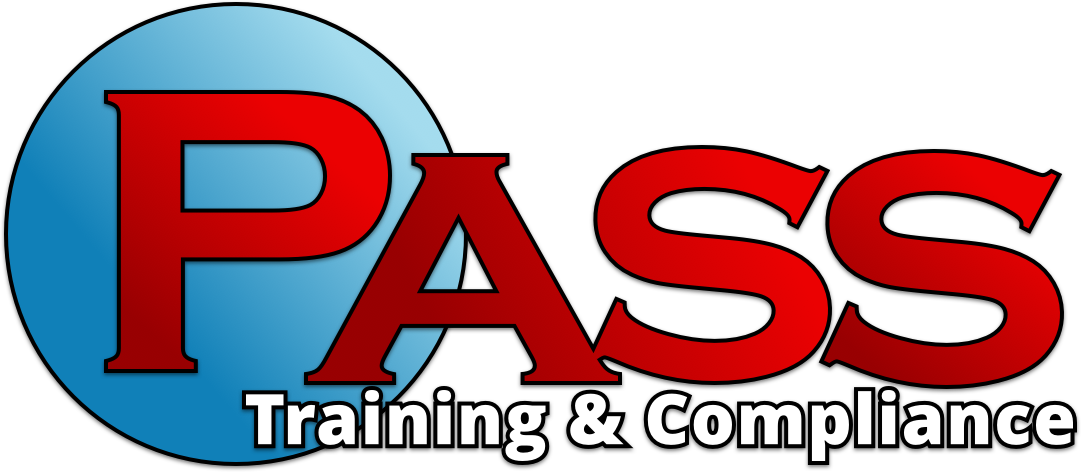EPA UST Walkthrough Inspection Guidelines
 One of the major changes in the EPA 2015 rules are requirements for UST owners/operators to perform and log monthly walkthrough inspections, and to maintain those logs for at least one year. Previously, some states only required quarterly or annual inspections, but now all states must require monthly inspections. Let's take a moment to run through some of the new requirements.
One of the major changes in the EPA 2015 rules are requirements for UST owners/operators to perform and log monthly walkthrough inspections, and to maintain those logs for at least one year. Previously, some states only required quarterly or annual inspections, but now all states must require monthly inspections. Let's take a moment to run through some of the new requirements.
Spill Prevention Equipment
- Check for damage
- Remove liquid or debris
- Remove obstructions in the fill pipe
- Check the fill cap to make sure it is secure
- Check containment sumps annually
- Check for leaks in the interstitial area of any double-walled spill prevention equipment
Release Detection Equipment
- Ensure it is operating with no alarms or other unusual operating conditions
- Ensure records of release detection testing are reviewed and current
Containment Sumps
- Check for damage, leaks into the containment area, or to the environment
- Remove any liquid or debris
- Double walled containment sumps with interstitial monitoring
- Check for a leak in the interstitial area
Handheld Release Detection Equipment
Examples of such equipment would be tank gauge sticks or groundwater bailers. These items should be checked for operability and serviceability.
Airport Hydrant Systems
In addition, owners and operators must inspect airport hydrant systems at least once every 30 days. If confined space entry according to the OSHA is not required monthly but may be required annually.
- Hydrant pits – Check for damage; remove liquid or debris; check for leaks
- Hydrant piping vaults – Check for hydrant piping leaks
Recordkeeping
Owners and operators must maintain the most recent year’s walkthrough inspection records, including:
- a list of each area checked
- whether acceptable or needed action taken
- a description of actions taken to correct issues
- delivery records if spill prevention equipment is checked less frequently than every 30 days due to infrequent deliveries
If this seems like a daunting task, we can help. Contact us to learn more about PASS Tools, our inspection and compliance management platform. Learn More About PASS Tools →
